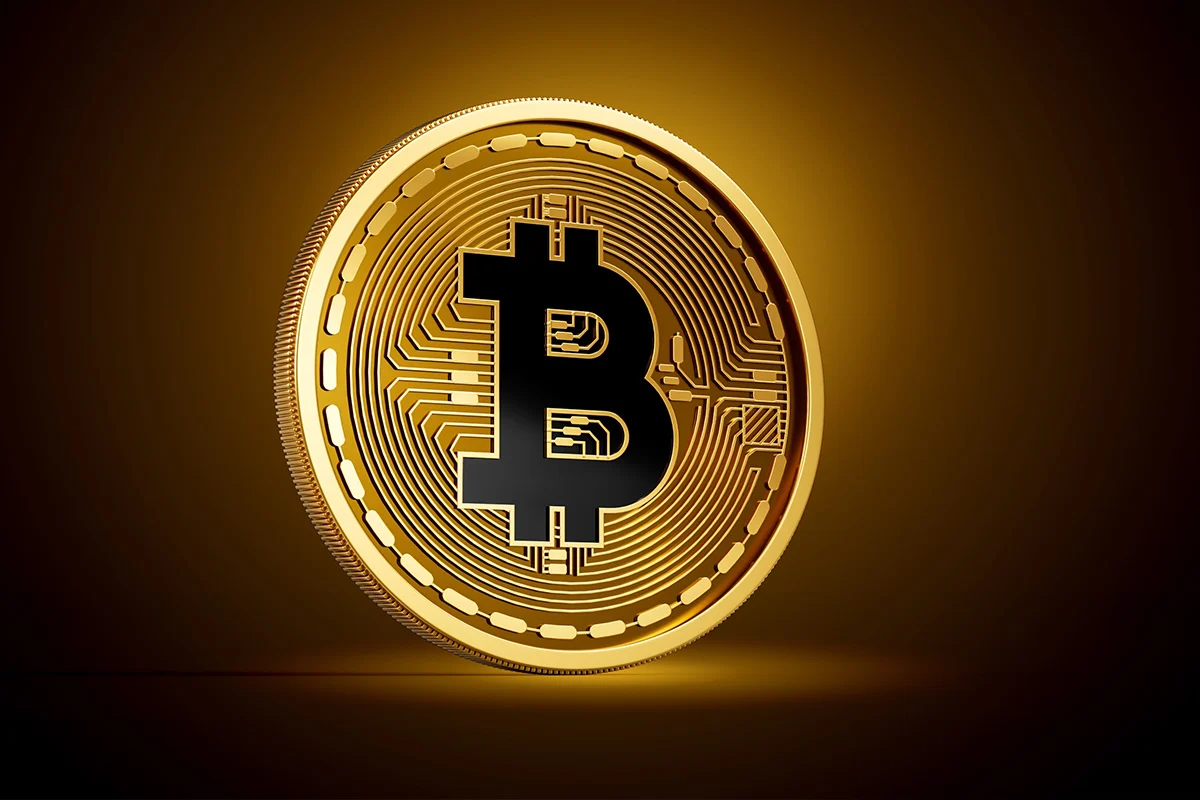TLDR
- Luke Dashjr rejects claims of proposing a hard fork for Bitcoin’s blockchain.
- Bitcoin Knots enforces stricter rules, blocking Ordinals and Runes data.
- Udi Wertheimer defends Dashjr, calling reports a “hit piece” and fake news.
- Bitcoin’s price dipped amid rumors of potential protocol upheaval.
A controversy erupted in the Bitcoin community after an article claimed Luke Dashjr, maintainer of Bitcoin Knots, proposed a hard fork to install a trusted multisig committee capable of altering the blockchain. Dashjr strongly denied these allegations, calling them “fabricated nonsense.” The claims ignited a broader debate on Bitcoin’s governance and future, particularly regarding the role of developers and the debate between neutrality and active control of the network.
Allegations of a Hard Fork
The controversy began when The Rage published an article on September 25, 2025, claiming that Dashjr supported a hard fork to establish a multisig committee with the power to alter Bitcoin’s blockchain, review transactions, and remove illicit content.
The report cited supposed leaked messages where Dashjr allegedly stated, “Either Bitcoin dies or we have to trust someone.” This led to speculation about whether Dashjr was advocating for a more controlled version of Bitcoin, where certain transactions or content could be censored.
Dashjr responded to the allegations immediately, denying the claims. He stated multiple times on social media that he had not proposed any hard fork and described the reports as slanderous. He emphasized that no hard fork was being discussed, dismissing the article as “fabricated nonsense.” Dashjr further suggested that the leaked messages were misinterpreted or taken out of context.
Bitcoin Knots vs. Bitcoin Core
At the heart of the controversy lies a broader divide between Dashjr’s Bitcoin Knots project and the widely-used Bitcoin Core software. Bitcoin Knots enforces stricter transaction policies compared to Bitcoin Core.
These stricter policies block non-financial data such as Ordinals and Runes tokens, which Dashjr argues is crucial for protecting Bitcoin’s integrity and reducing regulatory risks. On the other hand, Bitcoin Core takes a more permissive approach, tolerating non-financial data as long as it does not break consensus.
The allegations of a hard fork further fueled the divide, as critics argued that Dashjr’s vision would compromise Bitcoin’s principle of immutability, while his supporters defended him, saying the rumors were part of a smear campaign against his stricter policies.
Reactions from the Bitcoin Community
The leaked claims generated significant debate within the Bitcoin community. Udi Wertheimer, co-founder of the Taproot Wizards Ordinals project, defended Dashjr. Wertheimer dismissed the report as a “hit piece” and described it as fake news.
He suggested that Dashjr’s leaked messages referred to a hypothetical discussion about using zero-knowledge proofs to filter spam, not about censoring transactions or forking the network. Wertheimer argued that the proposal, if it were to happen, would not split the network or censor content, and would remain compatible with Bitcoin Core.
While some Bitcoin developers voiced concerns over Dashjr’s approach, others viewed the claims as an effort to discredit him. Wertheimer concluded that the leaked messages were being misinterpreted and that the whole situation was being blown out of proportion. He emphasized that the debate should focus on the technical aspects of the software rather than baseless rumors.
Market Reaction
Bitcoin’s price saw a slight dip in the wake of the controversy, trading around $109,000, down 2.2% from the previous day. Some market observers speculated that the rumors of potential protocol upheaval may have contributed to the decline. Although there is no direct evidence linking the controversy to the price drop, uncertainty surrounding the network’s future can lead to market volatility.
This incident has added fuel to the ongoing debate about Bitcoin’s governance, its immutability, and whether it should remain a neutral settlement layer or be actively governed by developers. As the Bitcoin community continues to discuss these issues, the conversation around governance and protocol changes remains at the forefront.






